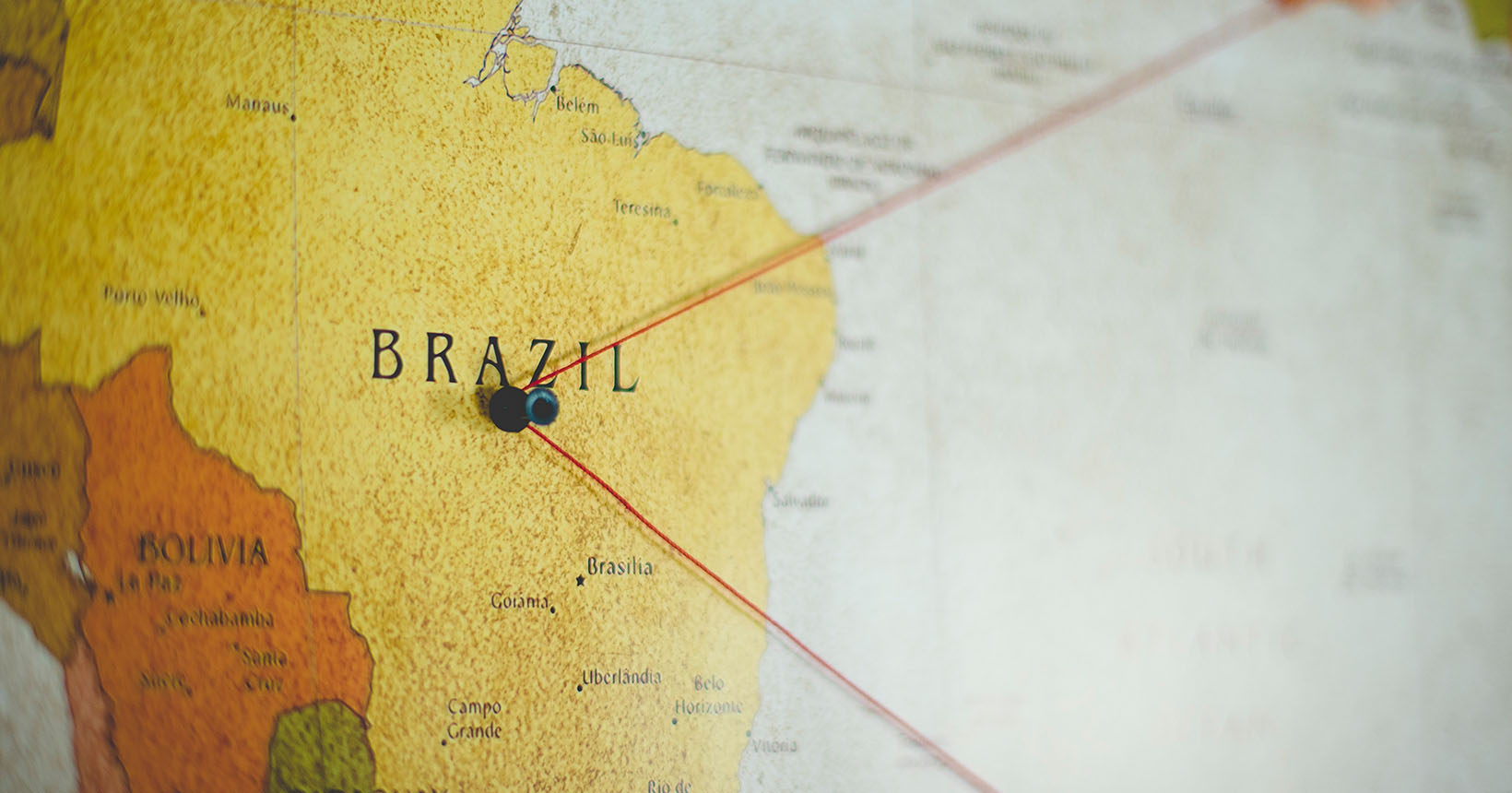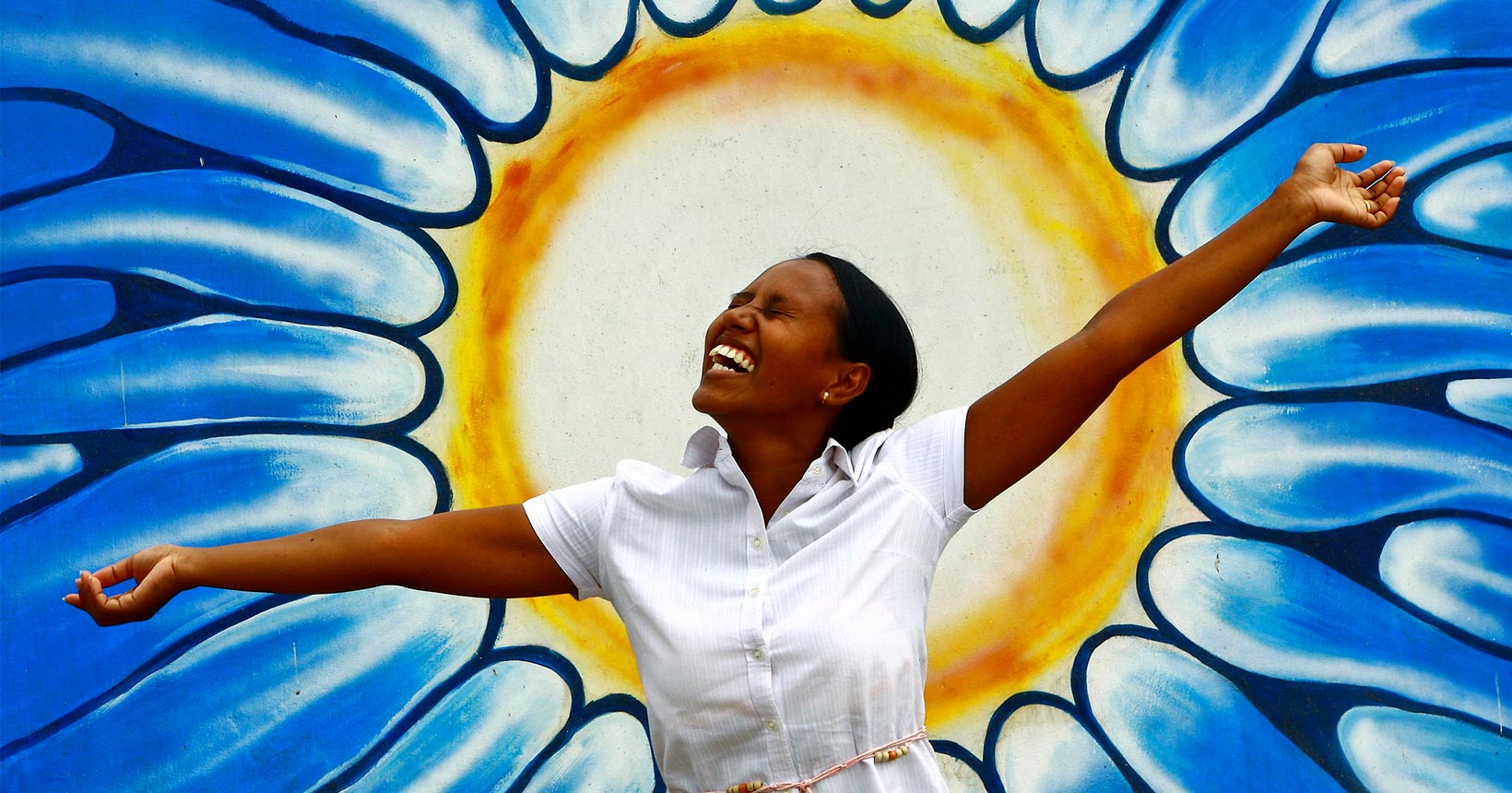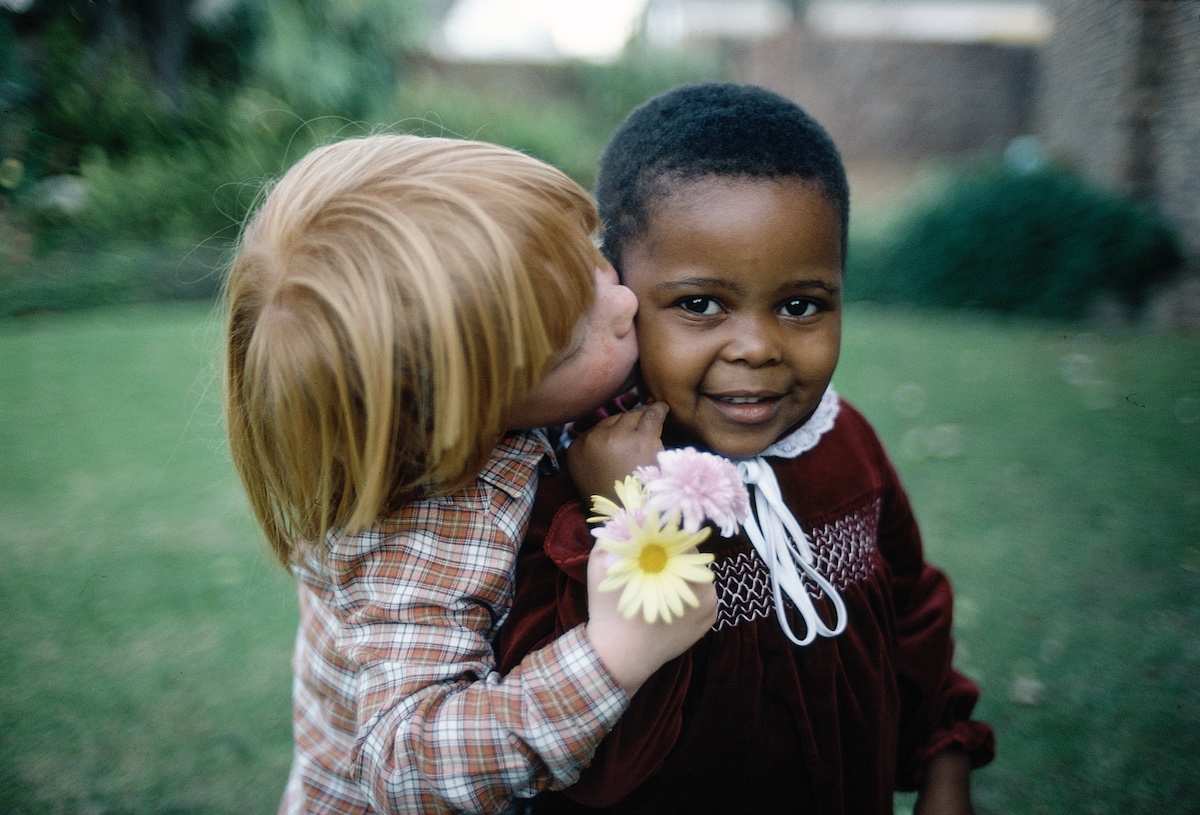
What makes you happy? I leave the question right away so we can think about the answer this March 20th, International Day of Happiness! And as good travelers, we also took advantage of the date to tell you which are the 20 happiest countries of the year, according to study of the 2024 World Happiness Report (in addition to “celebrating” Brazil’s improved ranking!).
The 20 happiest countries in the world in 2024
The top 10 of this year's list doesn't have many new features compared to reports from the last five years, keeping the Nordic countries in the spotlight, with Finland coming first in the ranking for the seventh time in a row!

Finland is first in the ranking for the 7th consecutive time
On the other hand, this is the first time that the United States is not in the top 20 since the report was first published in 2012. A drop in the well-being of Americans under 30 boosted the result, which went from 15th to 23rd place in 2024. Furthermore, Costa Rica (12th) and Kuwait (13th) entered the top 20 for the first time.
The list also included a country that caught our attention. Israel it came in 5th place and, despite being a great country in different aspects, we cannot ignore that destiny is at war.

The news this time is that Brazilians are a little happier, if we can say so. At least that's what the study points out, as the country rose five positions compared to the previous ranking.
- Finland
- Denmark
- Iceland
- Sweden
- Israel
- Netherlands
- Norway
- Luxembourg
- Switzerland
- Australia
- New Zealand
- Costa Rica
- Kuwait
- Austria
- Canada
- Belgium
- Ireland
- Czech republic
- Lithuania
- UK
Are the Brazilian people happy?
Among the 143 nations that are part of the annual study, Brazil ranked 44th in the 2024 ranking! Despite still being far from the top 20, our country rose five positions, as in 2023 it was the 49th country on the list!

Methodology
The annual report, overseen by the UN Sustainable Development Solutions Network, is based on data from the Gallup World Poll and analysis from the world's leading well-being experts.
The ranking methodology has as its main criterion the “Cantril Ladder”, where more than 100 thousand interviewees classify their current life on a scale of 0 to 10 – where 10 is the best possible life and 0 is the worst, according to the World Happiness Foundation .

Other elements considered are factors such as social support, income, health, freedom, generosity and absence of corruption, which help to explain the difference between nations.
Given these questions, it is also possible to list the 20 “least happy” countries in 2024:
- Afghanistan
- Lebanon
- Lesotho
- Sierra Leone
- Congo
- Zimbabwe
- Botswana
- Malawi
- Eswatini
- Zambia
- Yemen
- Comoros
- Tanzania
- Ethiopia
- Bangladesh
- Sri Lanka
- Egypt
- India
- Jordan
- Togo
International Day of Happiness
The International Day of Happiness was established by resolution 66/281 of the UN General Assembly. Since its approval, since 2012, the day has been celebrated on March 20th.
According to the UN, the commemorative date seeks to recognize the relevance of happiness and well-being as universal aspirations of human beings and the importance of their inclusion in government policies.

The resolution further recognizes the need for a more inclusive, equitable and balanced approach to economic growth that promotes sustainable development, the eradication of poverty, the happiness and well-being of all people, the basis of the 17 Sustainable Development Goals of the UN.
Happiness has an age
This year, the World Happiness Report also began to analyze classifications by age group and this showed a significant difference from the general list.
To give you an idea, Lithuania tops the list when the age group includes only children and young people under 30. Denmark is the happiest country in the world for those aged 60 or over.

The change in ranking is evident in Brazil, as the country occupies the 60th position in the ranking under 30 years old, while it is 37th among the age group over 60.
Check out other details about the new approach to reporting by age and other information about the study at official site from the World Happiness Report.
What do you think of this type of ranking? Does the improvement in Brazil's position make sense to you, considering the items analyzed in the report? Participate in the comments!


